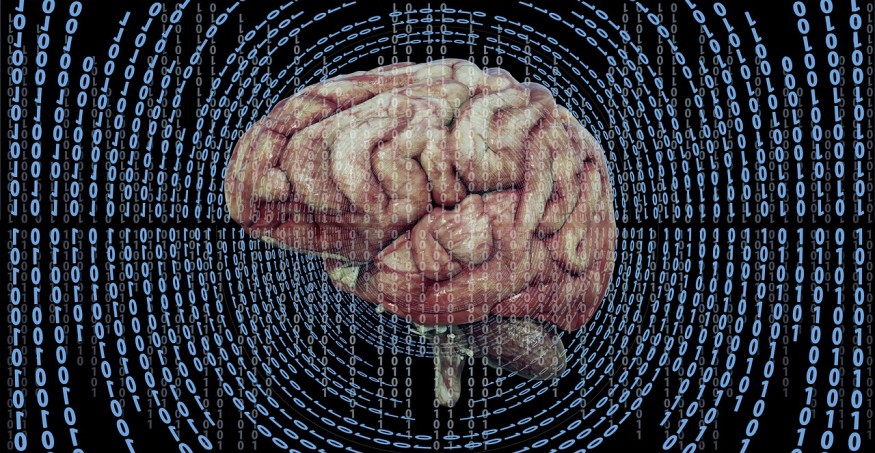
Each memory we form leaves a lasting mark not only in our minds but also on the delicate cells of our brains, according to new research.
The complex process of memory formation involves the intricate weaving of connections between neurons, facilitating the storage and retrieval of information.
However, a new study suggests that this process exacts a toll on the very cells involved, leading to inflammation and DNA damage within the brain.
Published in Nature, the research conducted by an international team of scientists focused on mice subjects, revealing that the effects of memory formation unfold within the hippocampus, the brain's primary repository for memories.
Neuroscientist Jelena Radulovic from the Albert Einstein College of Medicine in New York pointed out the significance of inflammation within specific neurons of the hippocampus, suggesting its essential role in the establishment of enduring memories.
"Inflammation of brain neurons is usually considered to be a bad thing since it can lead to neurological problems such as Alzheimer's and Parkinson's disease," Radulovic said, according to Science Alert.
While inflammation is typically associated with neurological disorders such as Alzheimer's and Parkinson's disease, the study highlighted its paradoxical importance in memory consolidation.
"But our findings suggest that inflammation in certain neurons in the brain's hippocampal region is essential for making long-lasting memories," the scientist further explained.
By subjecting mice to mild electric shocks to evoke memories, researchers observed the activation of genes associated with inflammatory signaling pathways within hippocampal neurons.
Moreover, the study revealed that the repair of DNA breaks, crucial for safeguarding memory-related information, was prolonged, potentially influencing the neurons' ability to focus on preserving acquired information amidst a deluge of new stimuli.
"This is noteworthy because we're constantly flooded by information, and the neurons that encode memories need to preserve the information they've already acquired and not be distracted by new inputs," Radulovic noted, per NDTV.
The findings shed light on the intricate interplay between memory formation, inflammation, and DNA repair mechanisms, offering insights into the delicate balance required for maintaining cognitive function and neurological health.
